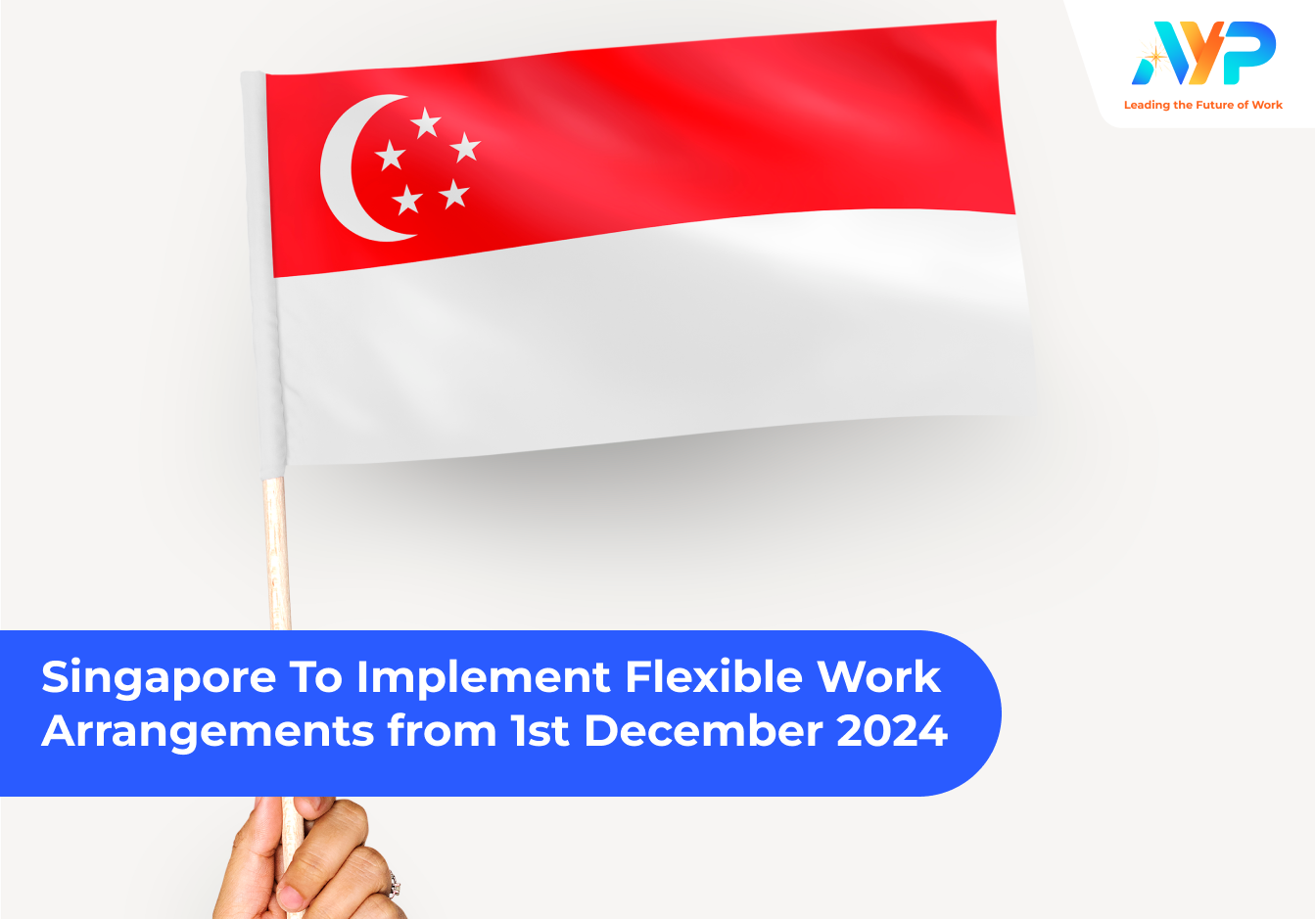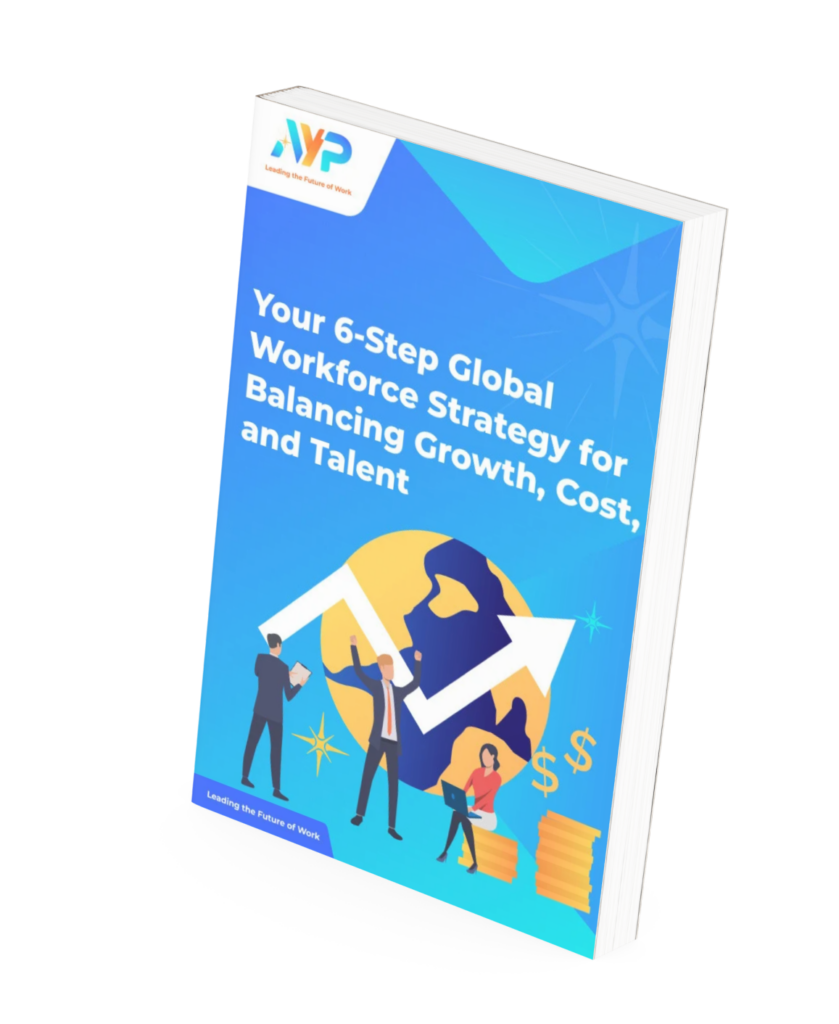The Covid-19 pandemic changed the working norms when it shuttered workplaces everywhere, and society was then plunged into an unplanned experiment in home working policies. Years later, companies worldwide have acknowledged that flexible work arrangements is not a temporary pandemic response but a permanent feature of the modern working world.
In light of the changing demands of the current workforce, Singapore's Government has made a move to accept all 10 recommendations by the Tripartite Workgroup on the Tripartite Guidelines on Flexible Work Arrangement (FWA). The recommendations are set out to guide how employees should request formal FWAs and use them, and how employers and supervisors should handle FWA requests.
Employees can formally request for FWA in Singapore should the employer’s existing process for requesting FWAs are absent or lacking. Every employer is expected to have a process in place to properly consider such formal FWA requests. The types of FWA can fall into 3 categories:1
- Flexi-place: Employees are able to apply for flexible working arrangement from different locations aside from their usual office location (e.g. telecommuting, work-from-home).
- Flexi-time: Employees work flexibly at different timings with no changes to total work hours and workload (e.g. flexi-hours, staggered hours, flexi-shift, compressed work schedule).
- Flexi-load: Employees work flexibly with different workloads and with commensurate remuneration (e.g. job sharing, part-time work).
Hire APAC Talent - NOW Discover seamless hiring across the APAC region now. Explore our comprehensive EOR solutions designed to streamline your hiring process. Click to find the perfect solution for your business.
The submission of formal FWA Singapore requests includes the following process:
- Employee submits formal FWA requests to employer.
- Employer should properly consider FWA request based on business needs.
- Employer should communicate the decision within 2 months.
- (If request is rejected) Employer is encouraged to engage employee on alternatives.
With these requirements in place, all employers are expected to abide by the following recommendations of Tripartite Guidelines by 1st December 2024:2
Recommendation 1
The TG-FWAR should establish a clear set of workplace norms around requesting FWAs and considering FWA requests. This will better manage employees’ and employers’ expectations on the process and their respective obligations. These guidelines set out the minimum requirements, and do not preclude employers from adopting more progressive practices.
Recommendation 2
The TG-FWAR should guide the process of requesting and considering FWAs, and not the outcome of FWA requests.
Recommendation 3
The TG-FWAR should require employers to properly consider FWA requests based on business grounds, and employees to request and use FWAs responsibly.
Recommendation 4
The TG-FWAR should only apply to formal FWA requests. Formal requests may be defined as requests that are documented and that contain the information needed for the employer to make an informed decision.
Recommendation 5
The TG-FWAR should cover all employees who have completed probation, the duration of which may be determined by employers.
Recommendation 6
The TG-FWAR should not require employers to consider FWA requests from jobseekers. However, employers could still state their FWA approach or policy in job advertisements and interviews, to manage jobseekers’ expectations on the FWAs they can provide.
Recommendation 7
The TG-FWAR should cover all employers, including Small and Medium Enterprises (SMEs). Guides and templates should be provided to help all employers comply.
Recommendation 8
Adopt an educational and enabling approach to implementing the TG-FWAR, with a focus on equipping employees and employers with the resources and skills to make and properly consider FWA requests respectively.
Recommendation 9
Strengthen communications and engagement to help employers understand how FWAs can help their businesses and raise awareness of the types of
FWAs available. This builds on the progressive practices that were promoted under the Tripartite Advisory and Tripartite Standard on FWAs, which will be replaced by the TG-FWAR and its accompanying resource package.
Recommendation 10
Provide greater support for employers to build and invest in critical FWA implementation capabilities. Resources and training to build capabilities on FWAs should be scaled up in partnership with key business and employee associations and unions. Resources should be customised to cater for different firm sizes, sectors, and nature of work.
According to the Ministry of Manpower of Singapore, these guidelines are aimed to ease the process of employees to request for flexible working arrangements, while acknowledging that employers continue to have the prerogative to decide on work arrangements.
At AYP, we are committed to HR solutions that help your business grow and expand without the hassle of administrative burden and complex compliance and regulations. Visit our Employer of Record Solutions here or book an appointment with us here.



